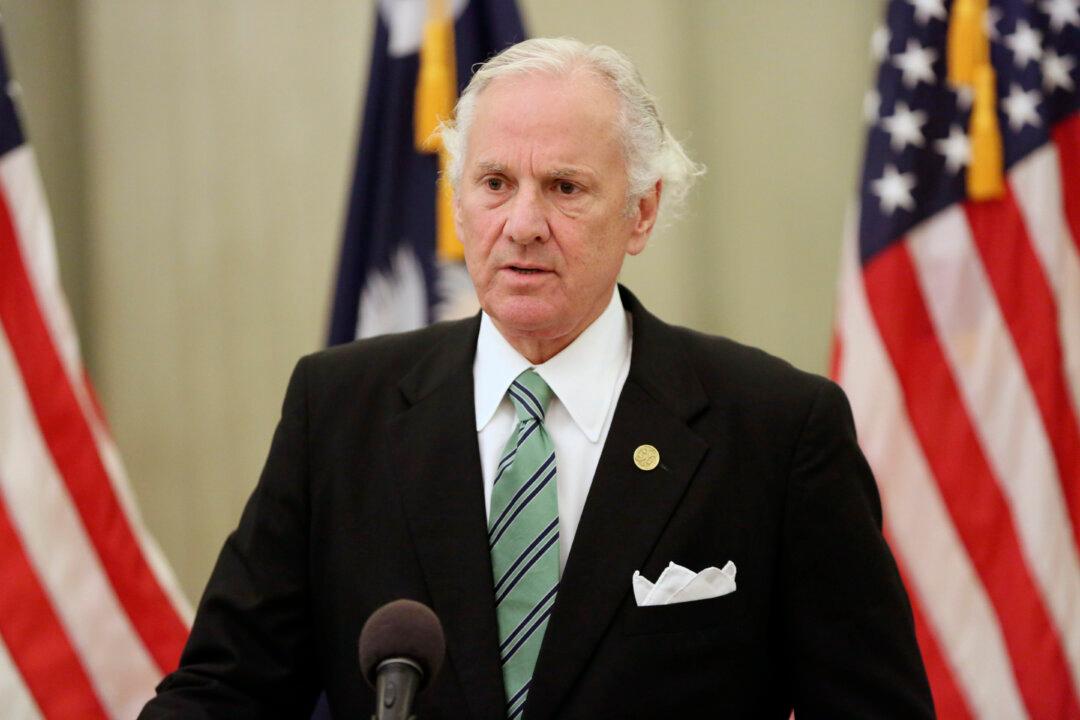A federal judge has affirmed South Carolina Gov. Henry McMaster’s exclusive authority to decide whether to grant clemency in his state’s upcoming execution, though he once said he had no intention of doing so.
The ruling, issued on Oct. 21 by U.S. Judge Mary Geiger Lewis of the District of South Carolina, is a setback for Richard Moore, a death row inmate seeking to have someone other than McMaster review his clemency application.





